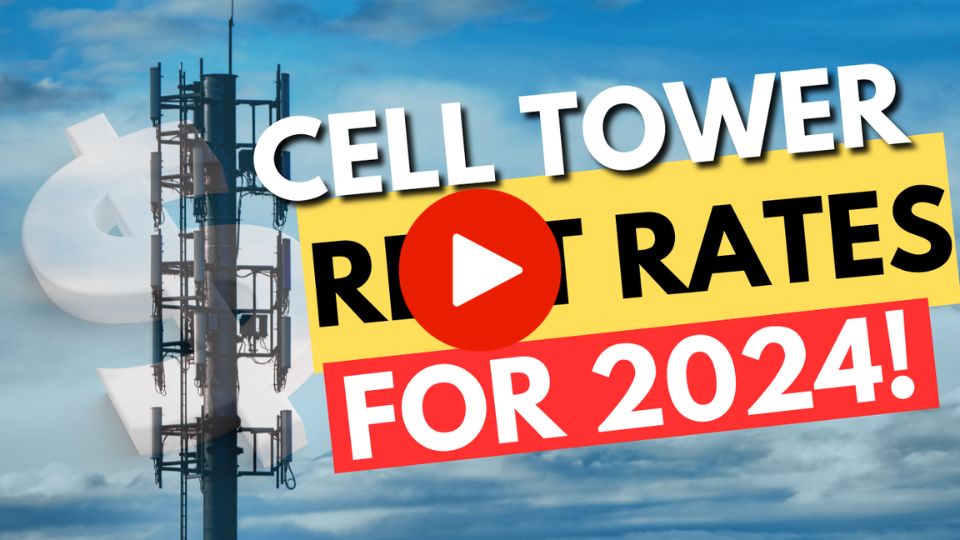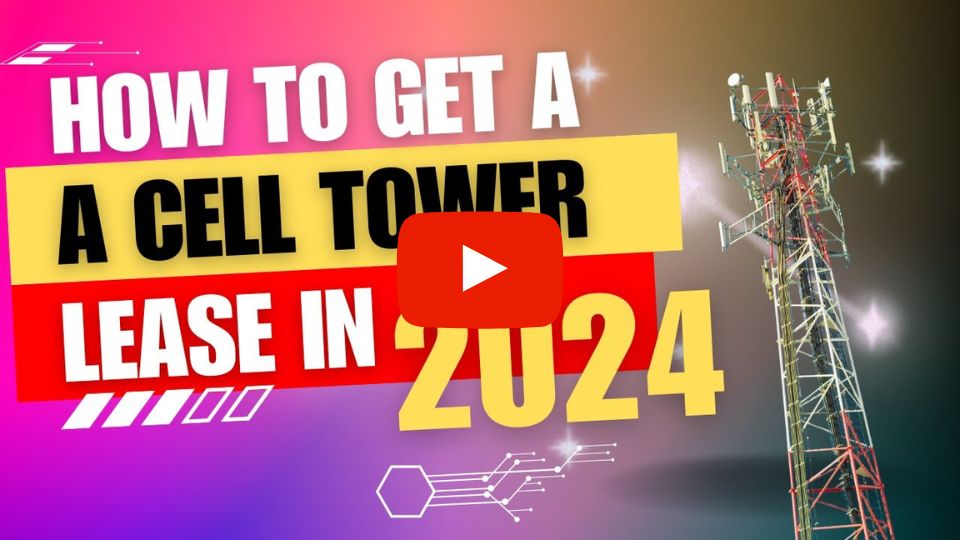By early February, we should know whether or not the carrier industry will be left with three key players: AT&T, Verizon, and on the horizon, a merged Sprint and T-Mobile.
The merger, though it’s been approved by the DOJ and the FCC, has been tied up in a lawsuit issued by state attorneys general from over a dozen states, who claim the merger would be anti-competitive for the carrier market.
Why are the two companies, Sprint and T-Mobile, trying to merge, what’s the context behind the lawsuit, and what are the potential long-lasting effects for the industry?
On this episode of Ratified, a MarketScale show on the intersection of business and policy, Voice of B2B Daniel Litwin dives into the proposed merger of the mobile giants and the implications such a merger would have on the wider world of communication.
Litwin was joined by Lawrence J. White, a Robert Kavesh Professor of Economics at the NYU Stern School of Business, and by Hugh Odom, who serves as the president of cell-tower consulting firm Vertical Consultants. Odom also served as an attorney for AT&T’s Western U.S. Region for a decade.
White, with his extensive expertise in anti-trust economics, offered his perspective on the specifics of the U.S. Department of Justice’s proposed remedy, the reversal of initial pushback from the DOJ via the addition of Dish as a fourth carrier, and why White views the proposed solution as insufficient.
Odom then joined Litwin to offer the industry’s perspective – as an expert knee-deep in the telecom industry, Odom spoke to the potential positive and negative impacts of such a high-profile merger, how carriers, infrastructure and consumers will feel the effects of the partnership, and more.
Originally posted on MarketScale.com



